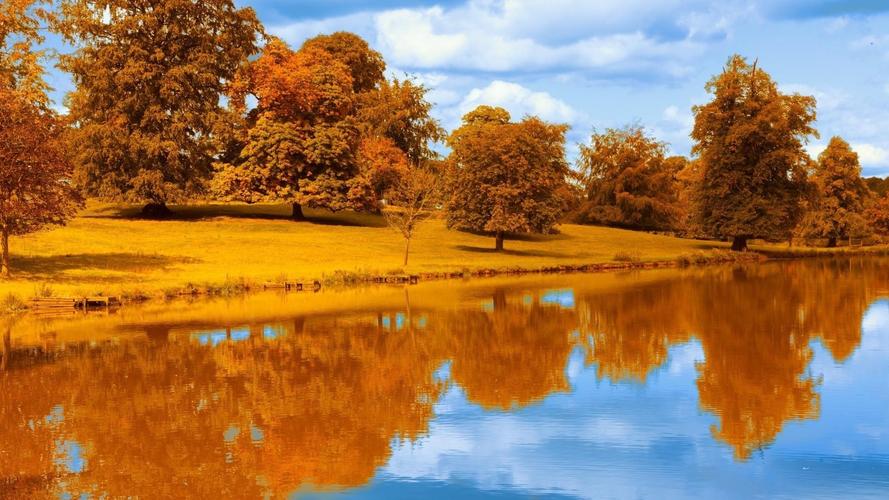Preserving Cultural Traditions: Why It Matters and How to Do It
Cultural traditions are an integral part of our society, serving as a means of preserving the history, beliefs, and values of a community. They define who we are and shape our identity as individuals and as a society. However, with the rapid pace of globalization, many cultural traditions are at risk of being lost forever.
Why does preserving cultural traditions matter? Here are some reasons why:
1. Cultural diversity: The world is a diverse place, and each community has its unique cultural traditions that are worth preserving. This diversity is what makes the world an exciting place to live in.
2. Identity: Cultural traditions form the foundation of an individual’s identity. They help people connect to their roots, history, and ancestry. Without these traditions, people might feel disconnected from their own culture and values.
3. Knowledge and wisdom: Many cultural traditions are rich in knowledge and wisdom that have been passed down for generations. These traditions offer valuable insights into various aspects of life, including agriculture, medicine, spirituality, and more.
4. Social cohesion: Cultural traditions bring people together and foster a sense of community. People connect and bond over these traditions, creating a feeling of belonging.
So, how can we preserve cultural traditions? Here are some ways:
1. Education: The best way to preserve cultural traditions is by educating young people about their heritage. Schools and educational institutions can integrate cultural traditions into their curriculum, ensuring that future generations are aware of their roots.
2. Documentation: Documenting cultural traditions is crucial to preserving them for future generations. This documentation can take various forms, including audio, video, or written records.
3. Funding: Financial support is vital for the preservation of cultural traditions. Governments, private organizations, and cultural institutions need to invest in the preservation of cultural traditions.
4. Revitalization: Some cultural traditions may have been lost over time, and efforts can be made to revive them. This revitalization can take the form of cultural festivals, workshops, or community events.
In conclusion, preserving cultural traditions is essential for maintaining cultural diversity, identity, knowledge and wisdom, and social cohesion. Education, documentation, funding, and revitalization are effective ways of preserving cultural traditions. As a society, we must recognize the value of cultural traditions and make an effort to protect them.
(Note: Do you have knowledge or insights to share? Unlock new opportunities and expand your reach by joining our authors team. Click Registration to join us and share your expertise with our readers.)
Speech tips:
Please note that any statements involving politics will not be approved.
